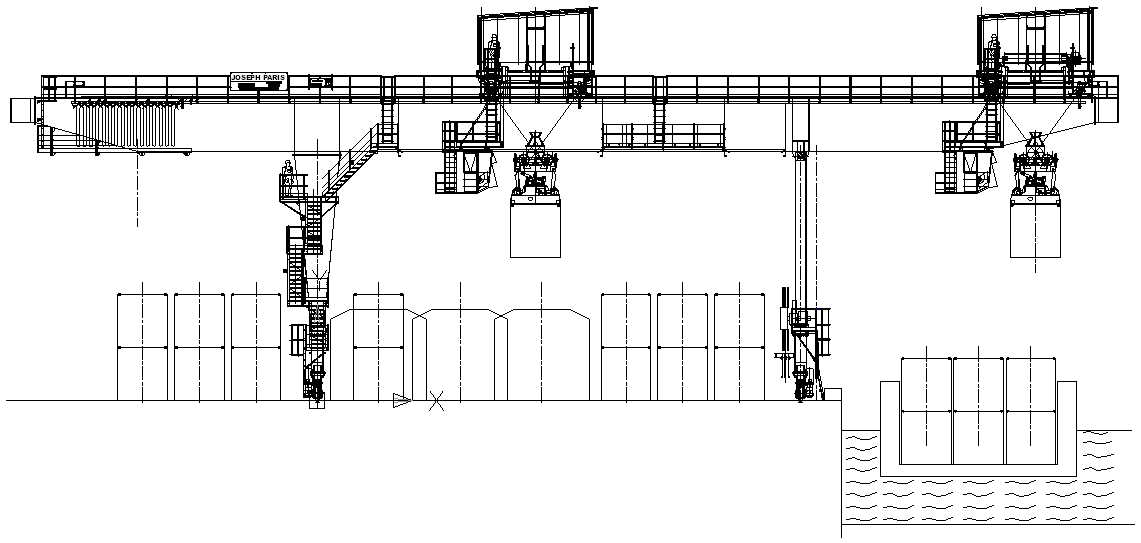The iron and steel industry, one of the major contributors to carbon emissions, is leading the charge in a revolutionary transformation. Responsible for almost 9% of worldwide emissions, this industry has reached a critical juncture in its pursuit of sustainability. We are excited to highlight in this article some of the latest innovative breakthroughs that are reshaping the industry's narrative.
CO2 Recycling: A Game-Changer for Decarbonization
The DISIPO project, led by Manuel Bailera at the University
of Zaragoza, delved into the decarbonization of blast furnaces. By recycling
CO2 emissions into electrofuels, the project aimed to close the carbon loop and
curb coal consumption. E-fuels, generated using captured CO2 and sustainable
hydrogen, could reshape the future of steelmaking.
Advancing Power-to-Gas Integration
Bailera's research, conducted in collaboration with steel
plants in Japan and Austria, not only explored CO2 recycling but also advanced
knowledge of power-to-gas integration in iron and steelmaking. The potential
for reducing CO2 emissions and the integration of renewable energy sources are
key milestones in the industry's green evolution.
From Simulation to Reality
While simulation models developed during the DISIPO project
are guiding internal research at Waseda University, real-world applications are
underway. Japanese partners are planning a blast furnace pilot plant, a
testament to turning innovative concepts into tangible solutions.
The Birmingham Breakthrough
90% Reduction in CO2 Emissions! Meanwhile, researchers at
the University of Birmingham have crafted a revolutionary adaptation for
existing blast furnaces. A closed-loop carbon recycling system, reducing CO2
emissions by nearly 90%, could replace 90% of coke in conventional systems.
Cost savings of £1.28 billion in five years and a 2.9% reduction in overall UK
emissions could be achieved through this novel approach.
Strategic Sector Coupling
The Birmingham team's system, coupling a thermochemical CO2
splitting cycle with existing blast furnace-basic oxygen furnace systems,
introduces a double perovskite for efficient CO2 splitting. This closed carbon
loop not only reduces emissions but enhances the cost-competitiveness of UK
steel on the global market.
A Greener Path Forward
As the steel industry
strives for a 90% reduction in emissions by 2050, Ideco Heavy Equipment is
committed to supporting and adopting innovative solutions. We celebrate these
milestones, knowing that each step toward sustainable steel production
contributes to a greener, more resilient planet.
What are your thoughts on the role of CO2 recycling in steel
production? How can the industry further embrace sustainability? Share your
insights below



























